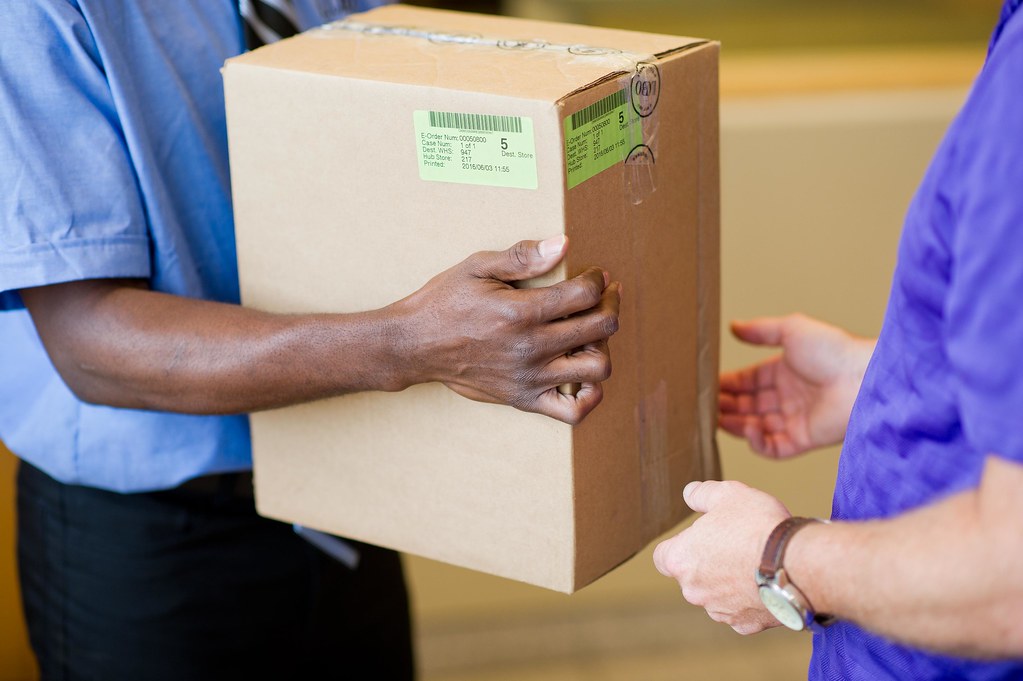At this meeting, delegates from South and Southeast Asian missions to the WTO discussed the state of play of food security and agriculture in the region, including trade-related support measures that have been recently implemented to promote food security. These range from market access, public stockholding and domestic support to export restrictions and other measures. Delegates also explored potential paths forward to better secure people’s access to food in the region.
The meeting started with some introductory remarks by Rashid S. Kaukab, CUTS International Geneva, Executive Director who welcomed the delegates, thanked them for their participation despite their busy schedules, and briefly outlined the main objectives of the meeting which are to present the main findings of the latest regional note on “Towards Food Security in South and Southeast Asian times of Crisis” and to provide a forum for informal discussion among them on this issue, in light of the upcoming Ministerial Conference (MC12).
Kensington Speers, research trainee, started her presentation by stating that food security in S&SEA is under threat more than ever due to the compounding effects of COVID-19, the war in Ukraine, and India’s resulting ban on wheat exports. Excluding Vietnam’s outlier food insecurity rate of only 6.5%, the countries covered in the report have a combined average food insecurity rate of 31%, which is in line with the worldwide average. In South Asia, agricultural imports primarily consist of foodstuffs like wheat and palm oil, which agricultural exports vary widely between countries. In Southeast Asia, animal products like pig and bovine meat are more common, while rice is by far the region’s largest agricultural export.
In terms of agricultural trade related support measures, all countries covered in the report apply tariffs to its agricultural products. Several countries restrict imports for health and safety reasons. Export restrictions rose due to COVID-19. These countries offer a wide range of domestic support measures to their agricultural sectors including subsidies on agricultural input products and agricultural loans. Rice is the most common agricultural commodity to receive price support.
Next steps for these S&SEA countries should be to adopt a strong Declaration in support of food security, particularly for developing countries and LDCs at MC12, consider the use of all domestic support options, especially Green Box measures under the AoA, and explore any possible regional and sub-regional trade agreements that to connect import needs of several S&SEA countries with the agricultural export profile of other S&SEA countries. LDC countries scheduled for graduation should also consider and prepare to join the group of NFIDCs upon their graduation from the LDC category.
Floor was then open for discussions. Delegates mentioned that there were presently multiple proposals and communications (including by some SSEA countries) related to food security being discussed at the WTO, with the main concern being how to merge into one single acceptable document before the MC12. Most particularly, there is a declaration by the UK on food security, backed up by some co-sponsors; there are other members raising again the proposal from 2021 regarding instauring food security for developing countries and LDCs. The last one aims at ensuring WTO negotiations for a balanced and level playing field, to enhance access and capacity to produce for increased quantity and quality of food products in the world market. It was mentioned that both sides have different but valid approaches. The main challenge will be to make it one text now with limited time towards MC12.
It was recalled that in Marrakech, for the Ministerial of 1994, a decision was taken on Net Food Importing Developing Countries (NFIDCs) and LDCs, though not properly implemented until now. In times of crises countries try to push for its operationalization, which is the case of Egypt that is taking the lead now. CUTS wrote a note on this specific topic to be released next week.
